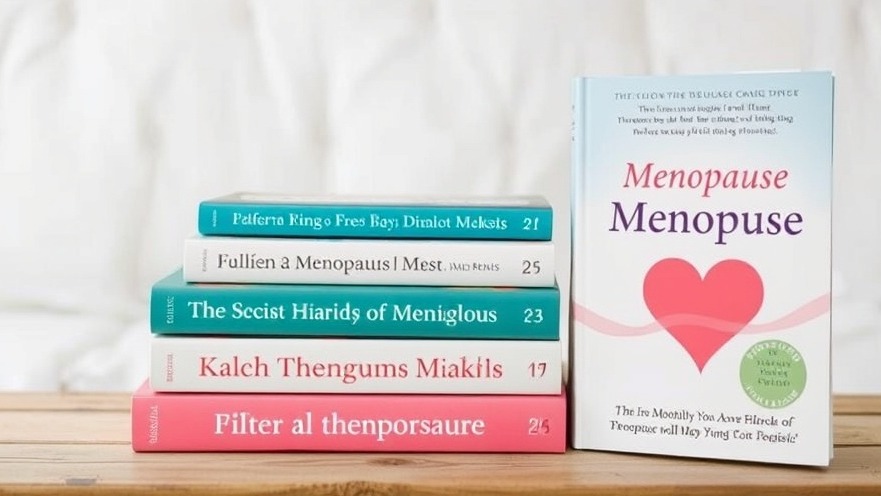
Understanding the Overlap: Menopause and Cognitive Health
As women navigate the transformative phase of perimenopause and menopause, they often encounter a host of symptoms — from weight gain to emotional fluctuations and hot flashes. Among these, cognitive changes like brain fog can be especially concerning. Brain fog, characterized by issues with memory and focus, often raises alarming questions about more serious conditions like dementia.
Differentiating Between Normal and Concerning Symptoms
It's important to understand that while brain fog can be a common experience for women during menopause, it is fundamentally different from dementia. Brain fog involves temporary lapses in clarity and can be influenced by various factors, including hormonal shifts. Conversely, dementia is a progressive condition that affects a person's cognitive functions over time.
The Hormonal Connection: Estrogen's Role
One of the main players in this intricate relationship is estrogen. Research indicates that women face a unique risk for dementia, potentially due to the dramatic drop in estrogen levels during menopause. Studies show that early menopause, particularly around age 45, is linked to a higher risk of dementia diagnosis before the age of 65, underscoring the importance of understanding one’s health during this transitional period.
Recognizing Normal Aging vs. Dementia
Aging naturally brings cognitive changes, which may cause normal memory lapses, like forgetting names or misplacing items. The Alzheimer's Association highlights that experiencing brief moments of forgetfulness is not uncommon and often has no serious underlying cause. Women may notice an increase in these experiences during menopause, which can amplify feelings of anxiety about cognitive decline.
Empowering Women to Take Charge
For women currently navigating this complex landscape, it’s crucial to remain informed and proactive. Recognizing the differences between brain fog and the early stages of dementia can alleviate unnecessary fears. Therefore, understanding the nature of these symptoms — alongside consulting healthcare professionals when in doubt — empowers women to approach their health with confidence.
For those feeling overwhelmed by the changes associated with menopause, consider seeking support groups or discussing concerns with healthcare providers. With the right knowledge and resources, women can ensure they maintain their cognitive health throughout menopause and beyond.
 Add Row
Add Row  Add
Add 




Write A Comment